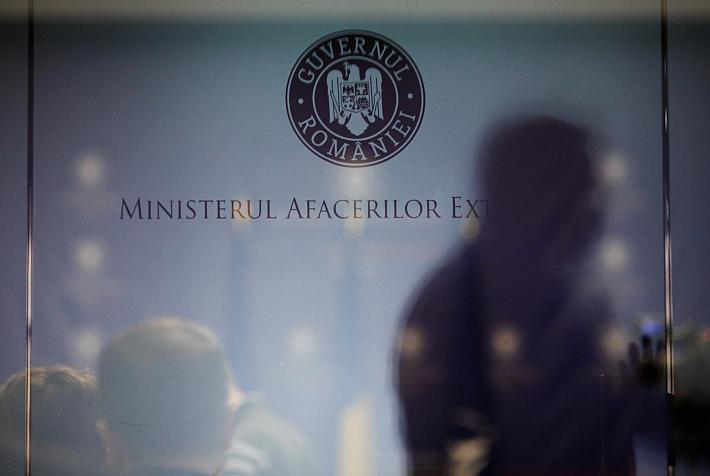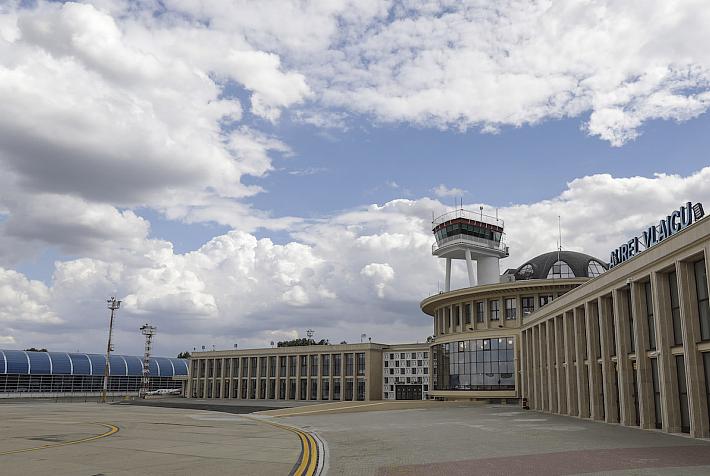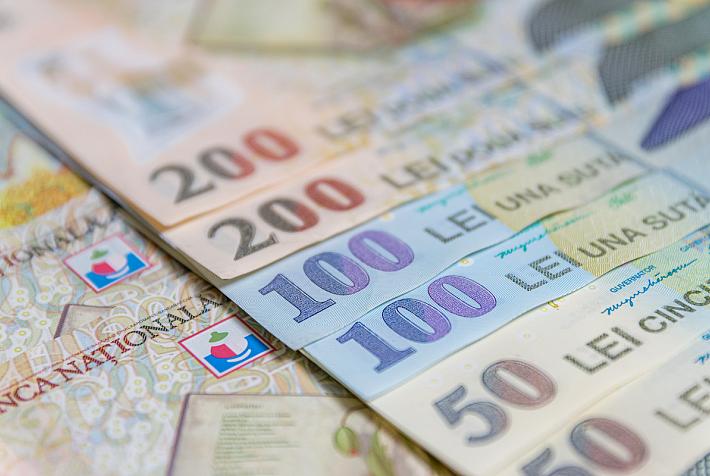Romania climbs six places in 2017 Global Innovation Index

Romania ranks high and is up compared to last year in a recent innovation index, but it still lags behind its neighbors.
The country ranks 42nd out of 128 countries in the Global Innovation Index, a survey of the world’s most innovative countries co-authored by Cornell University, INSEAD and the World Intellectual Property Organization (WIPO).
Romania is up six places from the 2016 rank of 48 but is still behind other countries in the region. The Czech Republic ranks 24th, Slovenia -32nd, Latvia -33rd, Slovakia -34th, Bulgaria - 36th, Poland -38th, Hungary -39th, Lithuania -40th and Croatia - 41st. Romania is followed by Turkey, ranked 43rd, Greece - 44th, Russia - 45th, Ukraine - 50th and the Republic of Moldova at 54th.
The index is put together using metrics such as patent filings, education spending, institutions, the business and political environment, the regulatory framework, the human capital, and infrastructure.
This year, a special section looks at “invention hotspots” around the globe that show the highest density of inventors listed in international patent applications.
Romania achieved a score of 39.2 on a scale from 0 to 100, and scores of 32 in the Innovation Output Sub-Index, 46.4 in the Innovation Input Sub-Index, and 0.7 in the Innovation Efficiency Ratio.
Switzerland, Sweden, the Netherlands, the USA and the UK are the world’s most- innovative countries, in this year’s index. At the same time, India, Kenya, and Vietnam are outperforming their development- level peers.
Switzerland leads the rankings for the seventh consecutive year, and high-income economies take 24 of the top 25 spots. China is the exception at 22. In 2016, China became the first-ever middle-income economy in the top 25 most innovative countries.
In this year’s edition of the index, 15 of the top 25 global economies are in Europe. Europe is particularly strong in human capital and research, infrastructure, business sophistication, the report found.
European economies rank first in almost half the indicators composing the index and include knowledge-intensive employment, university and industry research collaboration, patent applications, scientific and technical articles, and quality of scientific publications.
The authors of the report noted a continued gap in innovative capacity between developed and developing nations and lackluster growth rates for research and development (R&D) activities, both at the government and corporate levels.
“Innovation is the engine of economic growth in an increasingly knowledge-based global economy, but more investment is needed to help boost human creativity and economic output,” said WIPO Director General Francis Gurry. “Innovation can help transform the current economic upswing into longer-term growth.”
The report can be read here.
editor@romania-insider.com
(Info-graphic: www.globalinnovationindex.org)











